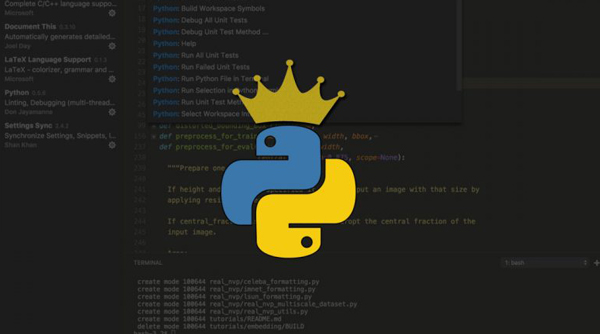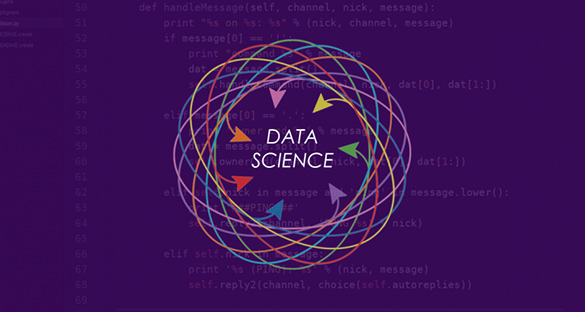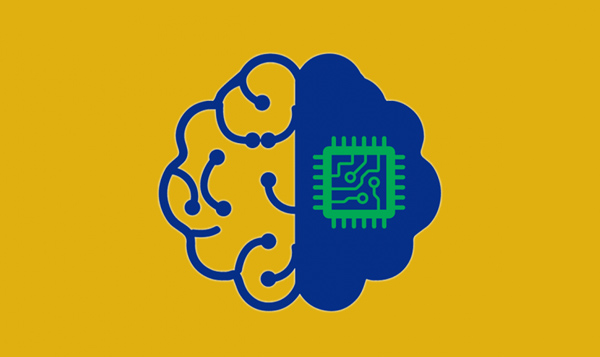The best Python tools for Machine Learning and Data Science
- Tram Ho
The Python programming language has many large libraries and frameworks that are convenient for coding and developing computer science. Python is well-known for its no-frills simplicity, easy-to-read, easy-to-read code, logical and concise syntax, and Machine Learning involving extremely complex algorithms and multi-stage workflows. So here, the short and easy logic of Python plays an important role in saving developers time.
On the other hand, when it comes to Data Science , Python also has special packages for field work like SciPy, NumPy or Pandas that facilitate data analysis and can be easily done. Integration with web applications.

In addition, Python is really an open source language, you can freely use and distribute Python, even for commercial use. As a result, Python has a lot of high quality resources and documentation, and an active developer community that is ready to provide advice and support at all stages of the development process.
So Quantrimang invites you to discuss some Python tools that are useful for both Machine Learning and Data Science applications.
Python tool for Data Science

1. NUMBA
Numba is an open source compiler that optimizes NumPy recognition, compiling Python syntax into machine code using the LLVM compiler powered by Anaconda. Numba applied in Data Science to help speed up compilation of code with NumPy Array. Provided with some annotations, Python code can be optimized to achieve the same performance as C, C ++ and Fortran without having to change languages or interpreters.
2. CYTHON
Cython is a variant from C of Python. It can be said that it is the parent of Python, capable of creating standard Python modules, greatly improving execution speed and performance. Basically, it is designed as an extension of C for Python to compile Python code into C / C ++ code and is used in Jupyter notebooks via inline comments.
3. DASK
Dask is a flexible library for parallel calculations in Python. When using Numpy or Pandas, sometimes you have to face the problem of data processing in RAM, here Dask is easy to handle because it expands the interfaces to larger, memory-or-distributed environments. can run on local computer or zoom out to run on a cluster.
4. SCIPY
SciPy is an open source library of Python algorithms and mathematical tools, built on NumPy array objects that make up the NumPy stack including tools like Pandas, SymPy and Matplotlib. SciPy provides many calculation modules from linear algebra, integral, differential, interpolation to image processing, fourier transform …
Python tool for Machine Learning

1. SCIKIT-LEARN
Scikit-learn (abbreviated sklearn) is an open source library for Machine Learning and is also used in Data Science. This is a very powerful and popular tool for the Python community, designed on NumPy and SciPy. Scikit-learn contains the most modern Machine Learning algorithms, accompanied by documentations, which are always up to date. This tool provides easy API usage and random searching. But the main advantage in using Scikit-Learn, is the speed while performing various assessments in the dataset.
2. KERAS
Keras is an open source library written in python for the neural network. Keras is a high-level API, developed to make deep learning models as fast and easy as possible for research, with an MIT license for open source software. This tool can be used in conjunction with famous Deep Learning libraries such as TensorFlow, CNTK, Theano.
Keras has some advantages such as:
- Easy to use, fast module construction.
- Can run on both CPU and GPU
- Support to build CNN, RNN and can combine both.
- Easy scalability and working with Python.
3. THEANO
Theano is an open source Python library that supports arithmetic operations that can run on the CPU or GPU, used to build and develop Deep Learning models. Theano provides very convenient structure and model adjustment methods to use on the functions of the Numpy library to calculate, can run on GPU architecture outside the CPU to be effective. Theano also flexibly generates C code, extensive unit testing and self-verification, optimizing speed and stability. This is the first library to build and develop an artificial neural network model using deep learning techniques since 2007 and is considered a technological standard for Deep Learning technology in the research and development community.
Source : Techtalk
